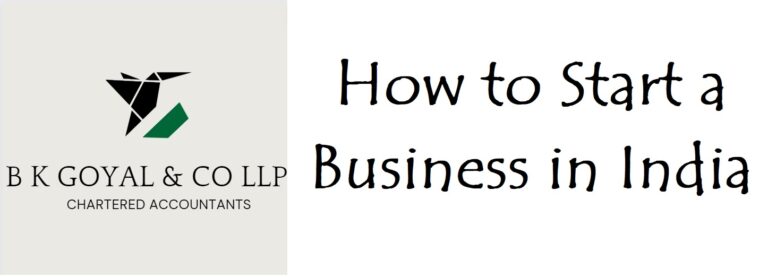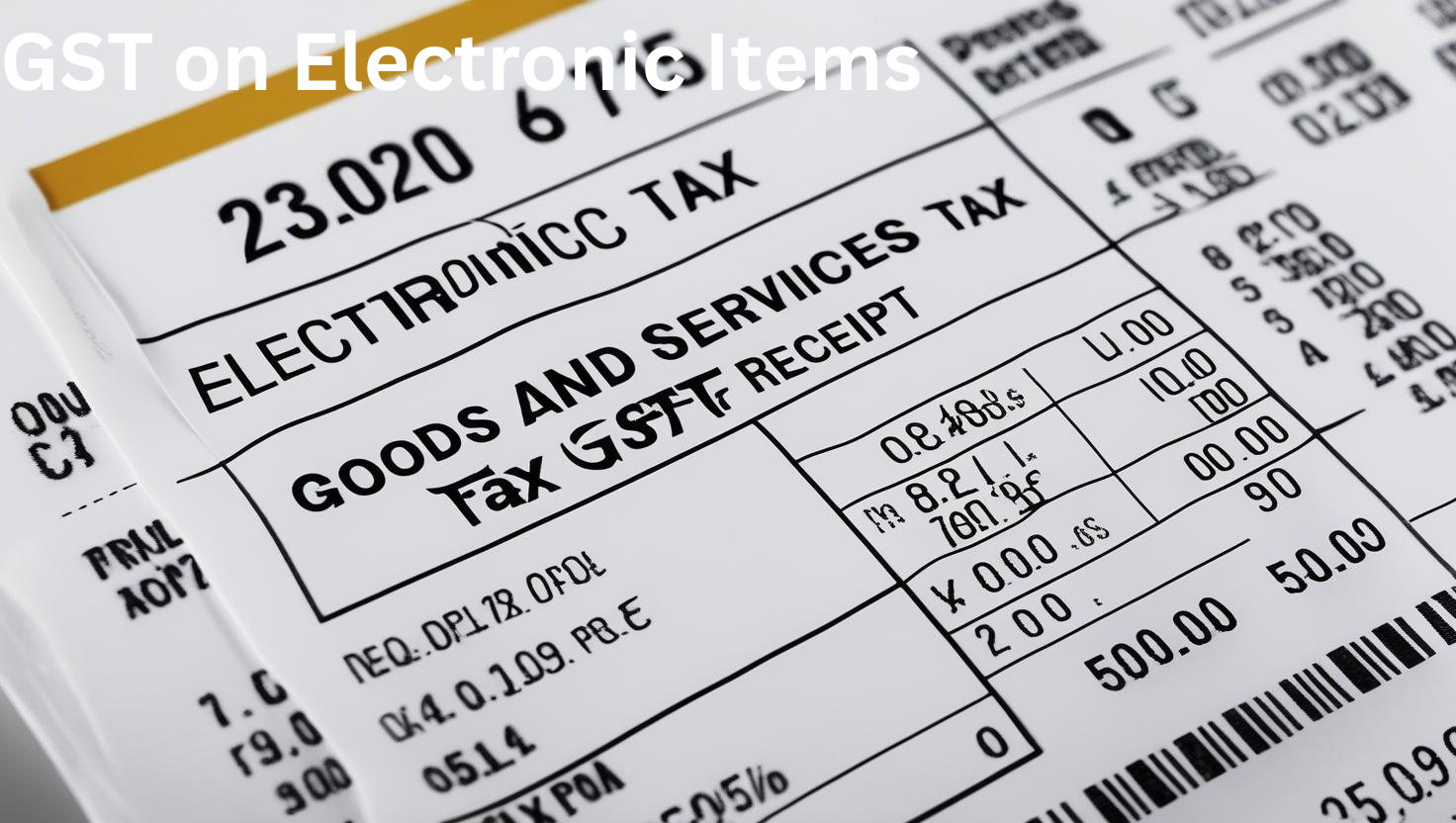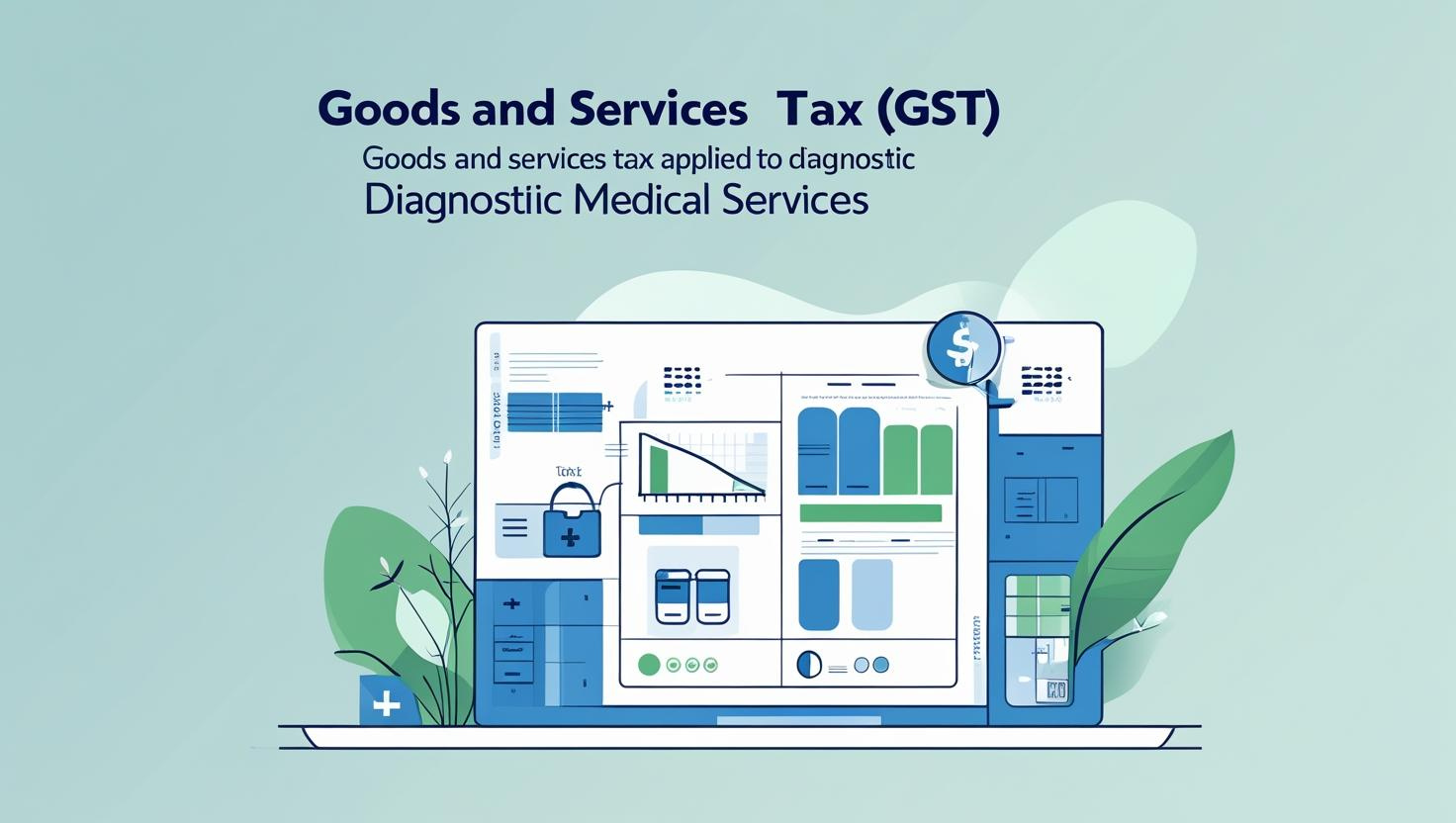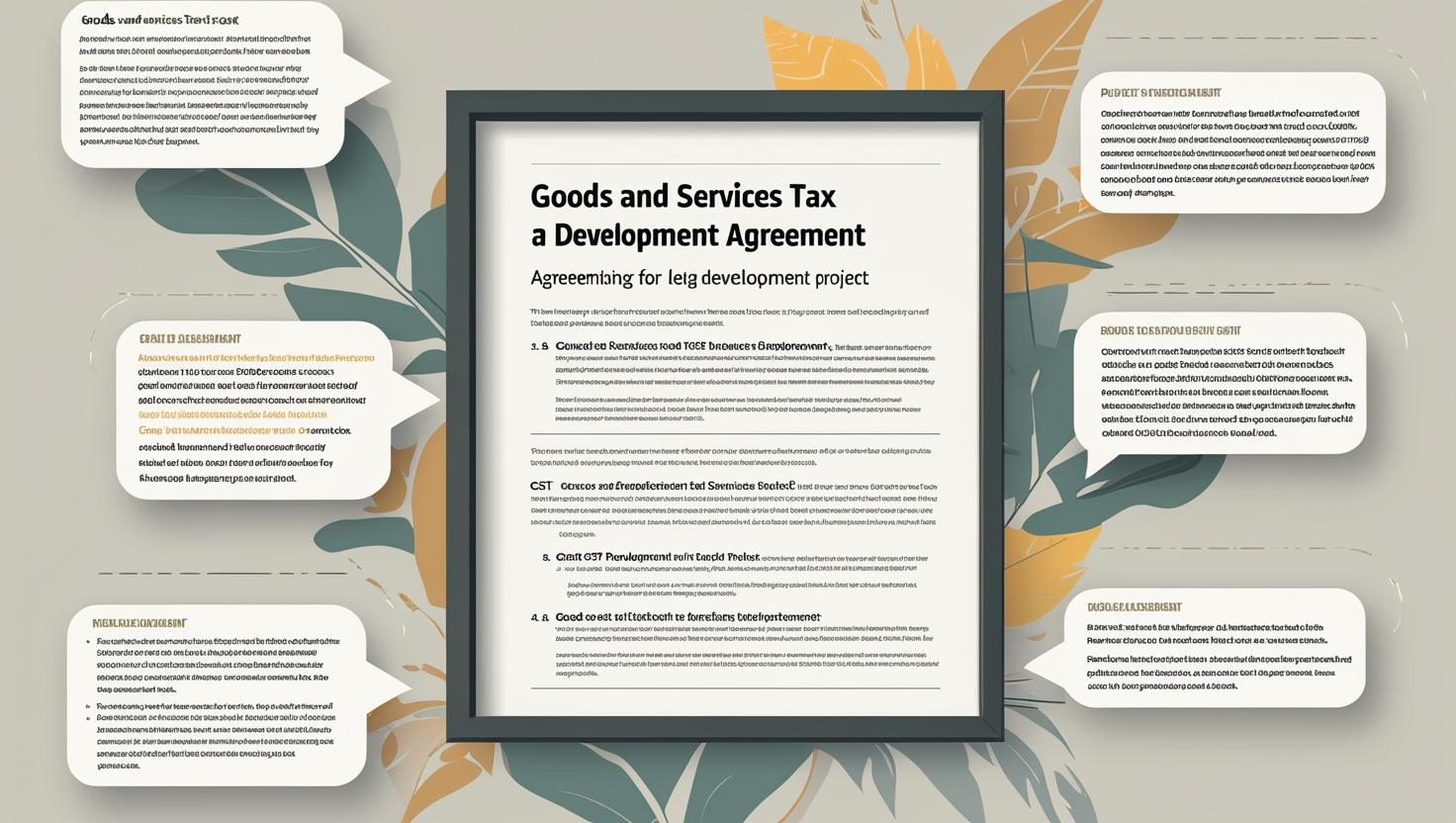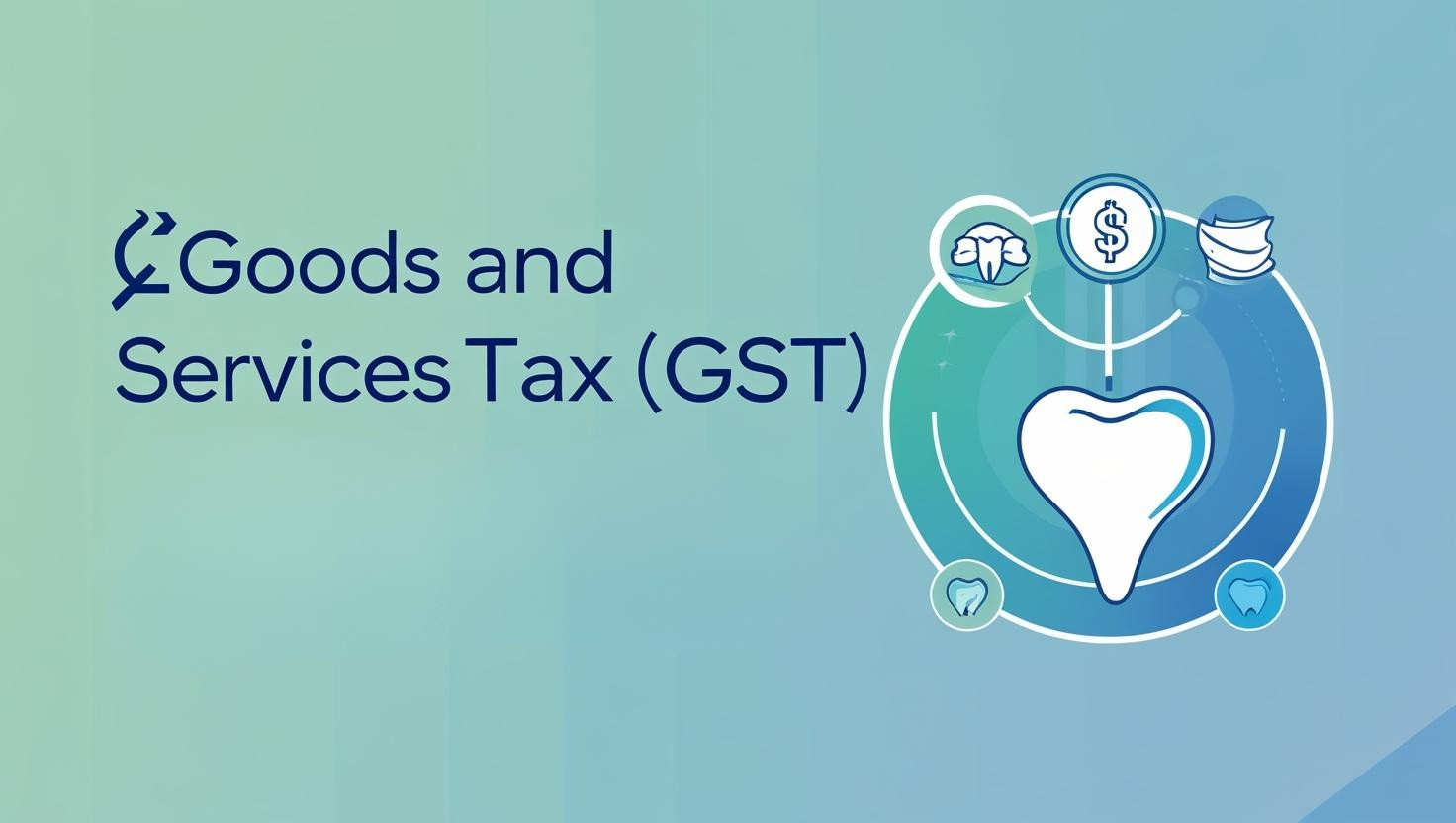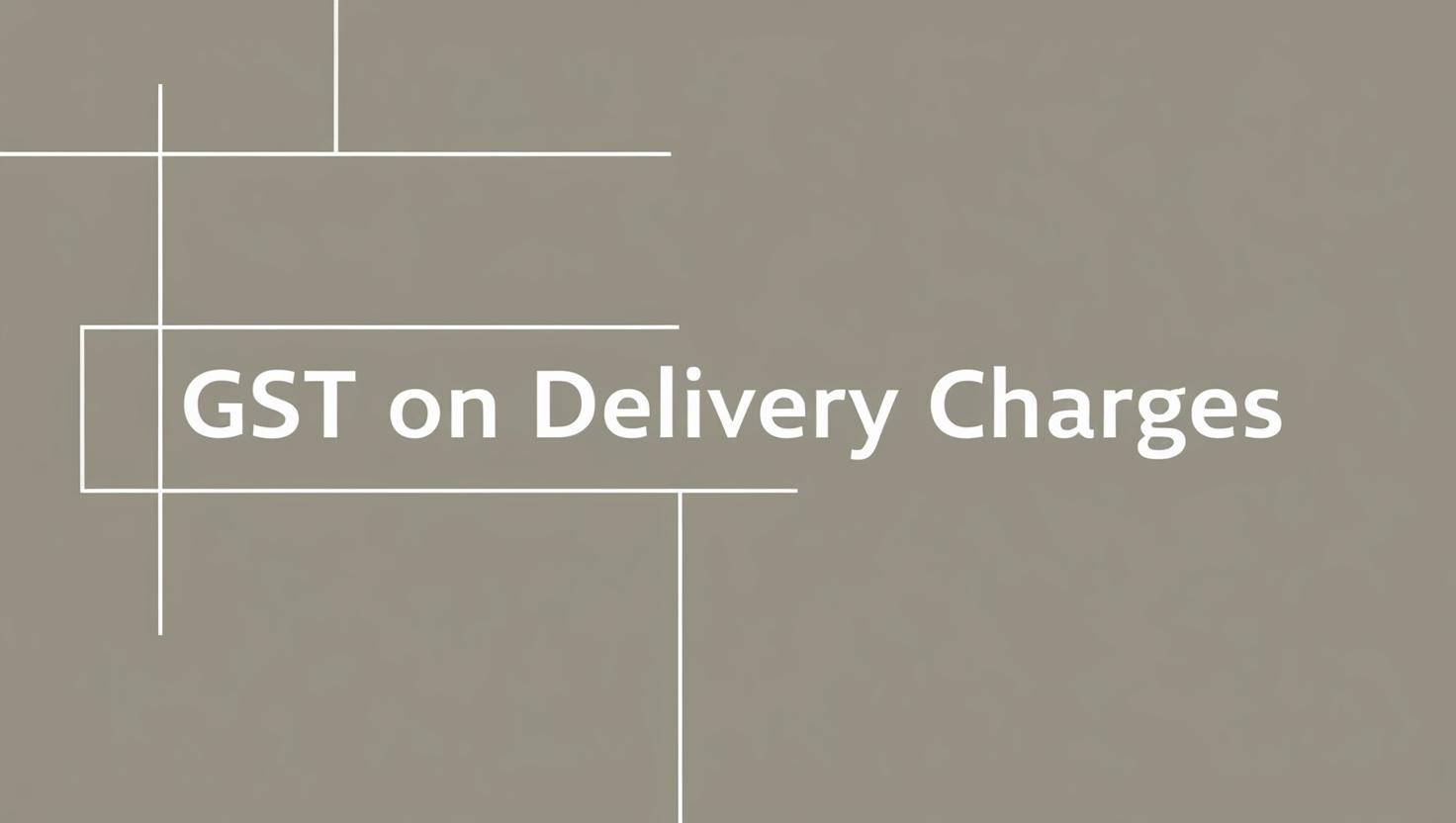B K Goyal & Co LLP - A Reputed and Trusted CA Firm in Delhi
We are a full-service, multidisciplinary CA firm offering expertise across four core areas: Taxation, Regulatory, Transaction Advisory, and Audit & Assurance. With a strong commitment to excellence, we aim to be recognized as the leading CA firm in Delhi NCR, India.
Our firm brings years of experience in delivering a wide range of professional services to both national and international clients.
Backed by a talented team of Chartered Accountants, MBAs, Company Secretaries, Lawyers, and Financial Experts, we combine deep regulatory knowledge with strong business insight. Our professionals have previously worked with some of the top CA firms in India and bring hands-on expertise in areas such as Valuations, Mergers & Acquisitions, Business Setup, and Corporate Finance.
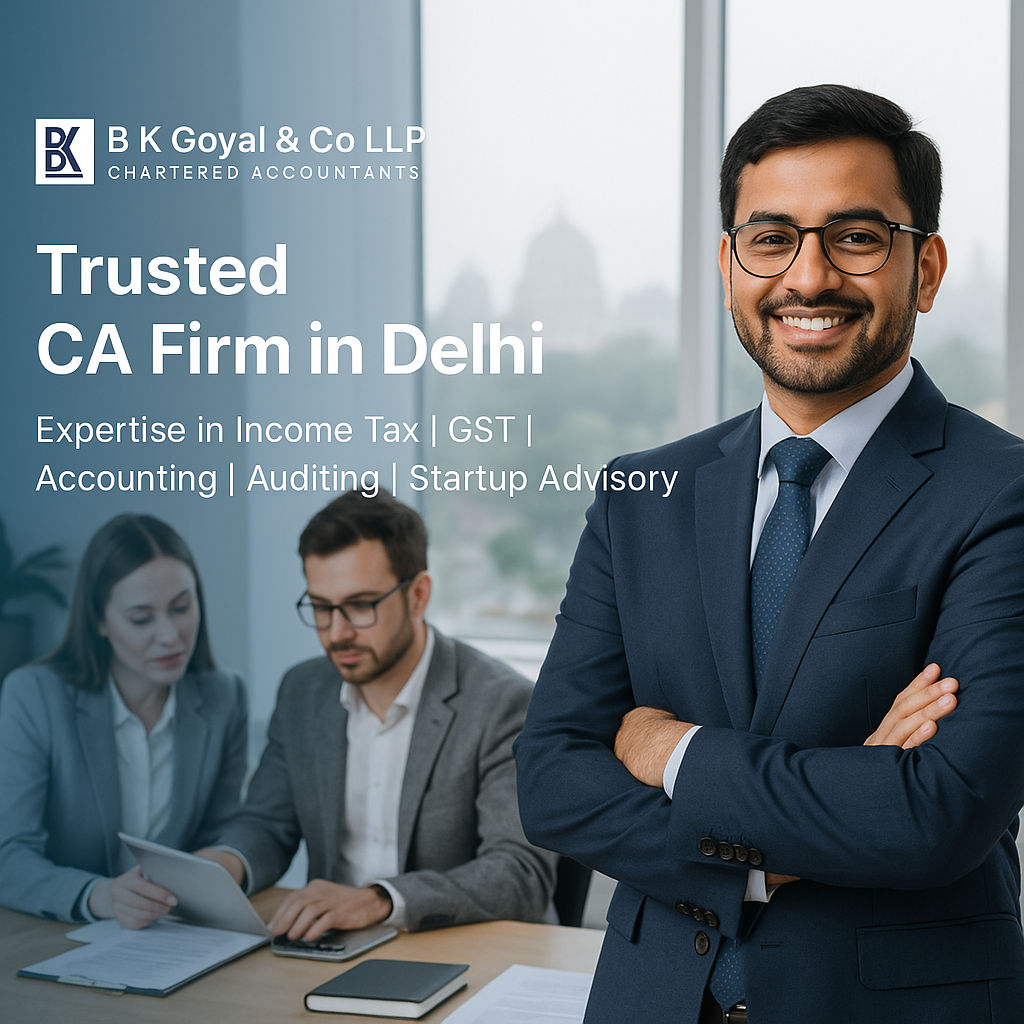
Our Vision
To deliver high-quality expert services effectively, add value to the client’s business, and build lasting relationships.

Our Goal
Our goal is to maximize client potential and become the preferred choice as a leading CA firm in Delhi, India.
Our Team
Our CA firm is backed by a strong team of professionals who bring deep regulatory expertise, and sharp business acumen.
Why Choose B K Goyal & Co LLP as Your CA in Delhi?
- Experienced CA Firm: Led by CA Bhuvnesh Kumar Goyal, a seasoned professional with vast experience in taxation, auditing, and corporate compliance.
- Comprehensive Services: From Income Tax Returns (ITR), GST filing, and company registration to audit, compliance, and financial consulting.
- Client-Centric Approach: We offer personalized financial solutions to meet your business and individual needs.
- Accuracy & Compliance: We ensure 100% accuracy in all filings and strictly adhere to the latest legal and regulatory guidelines.
- Tech-Driven Solutions: We utilize modern accounting software and tools to streamline the financial process, ensuring efficiency and transparency.
Most Trusted CA Firm in Delhi :
Our Services – Best CA in Delhi
Income Tax Services
-
Filing of Income Tax Returns (ITR) for individuals and businesses.
-
Tax planning and advisory to reduce your tax burden.
-
Representation in case of Income Tax notices or assessments.
-
Filing of Income Tax Appeal to CIT (Appeal) Delhi against orders passed by Assessing Officers in Delhi
-
Filing of Income Tax Appeal before ITAT Delhi against orders passed by CIT (Appeal) Delhi
GST Services
-
GST registration and filing of monthly, quarterly, and annual returns.
-
GST audit and reconciliation for compliance.
-
Advisory on Input Tax Credit (ITC) and GST litigation.
-
Support in verification of Registered Place of Business in Delhi by GST Departement
Business Registration & Incorporation
-
Company registration in Delhi – Private Limited, LLP, OPC, and Partnership firms.
-
Start-up advisory and assistance in obtaining licenses and registrations.
Audit & Assurance
-
Statutory, internal, and tax audits.
-
Compliance audits to ensure adherence to regulatory standards.
-
Risk management and internal control evaluations..
Corporate Compliance & Legal Advisory
-
ROC filings, annual returns, and company law compliance.
-
Advisory on legal and financial documentation.
-
Representation before ROC Delhi, and authorities in case of disputes.
📞 Phone: 9971782649
📧 Email: support@cabkgoyal.com
